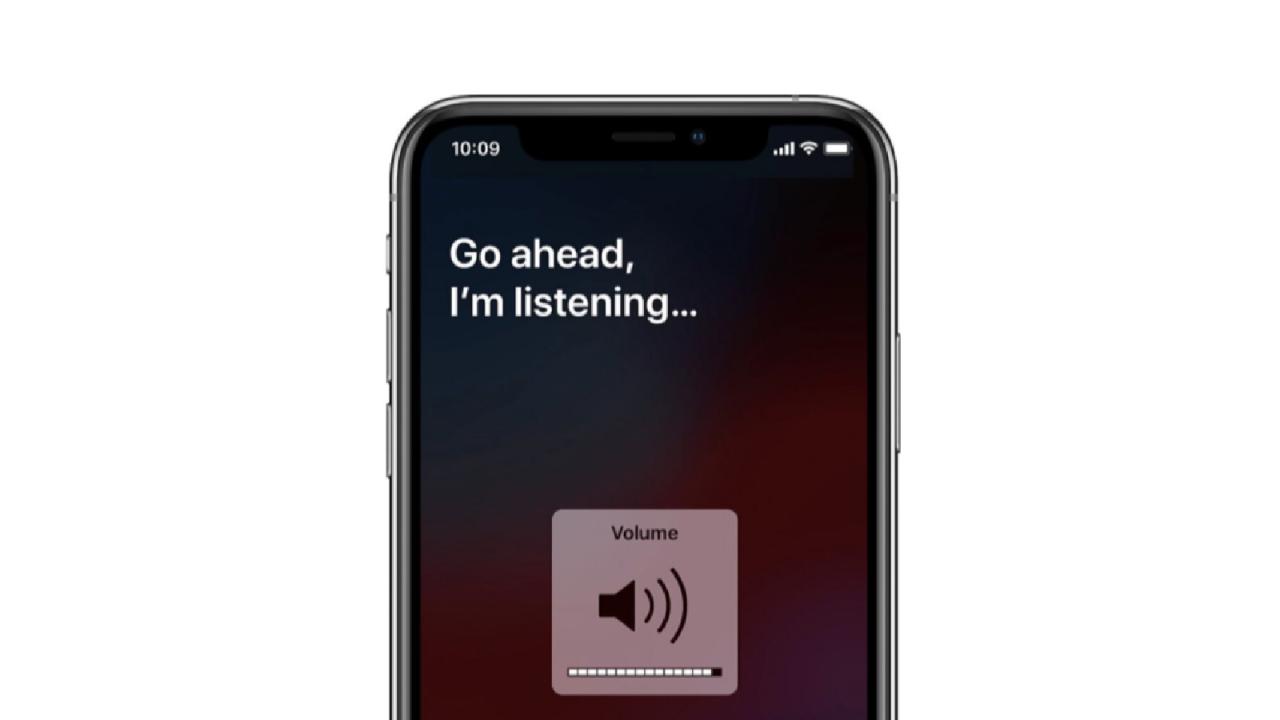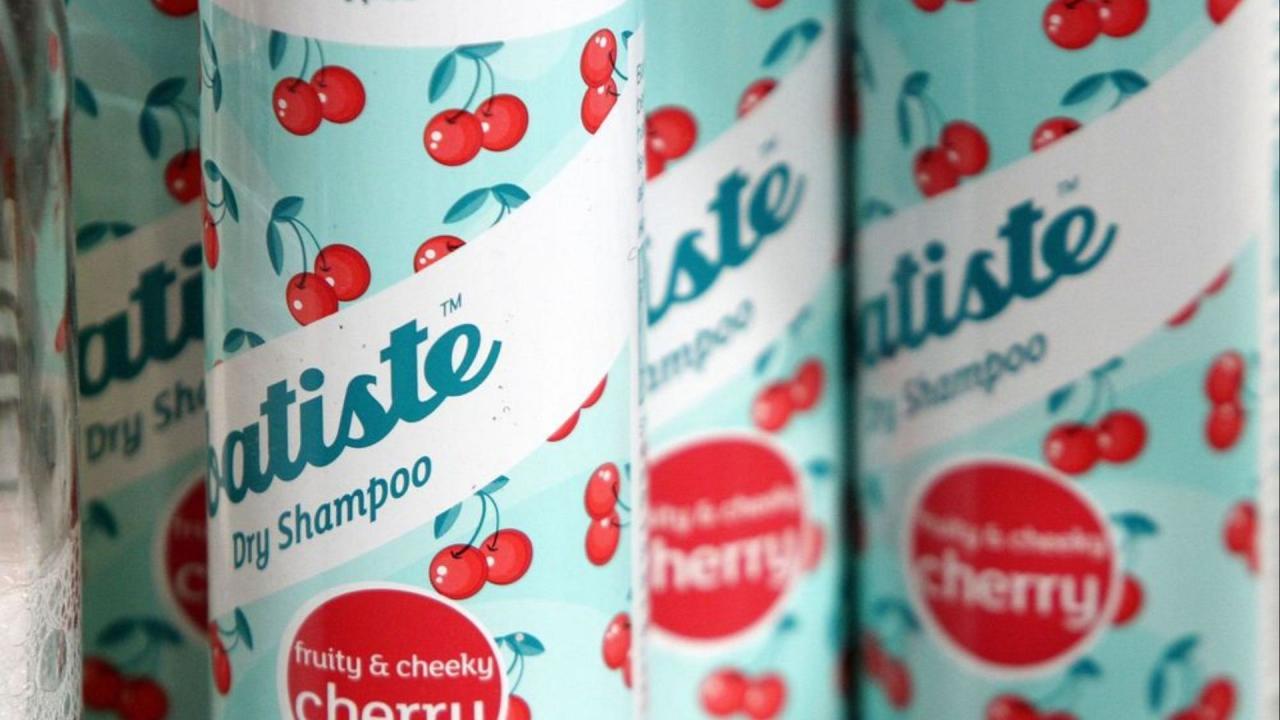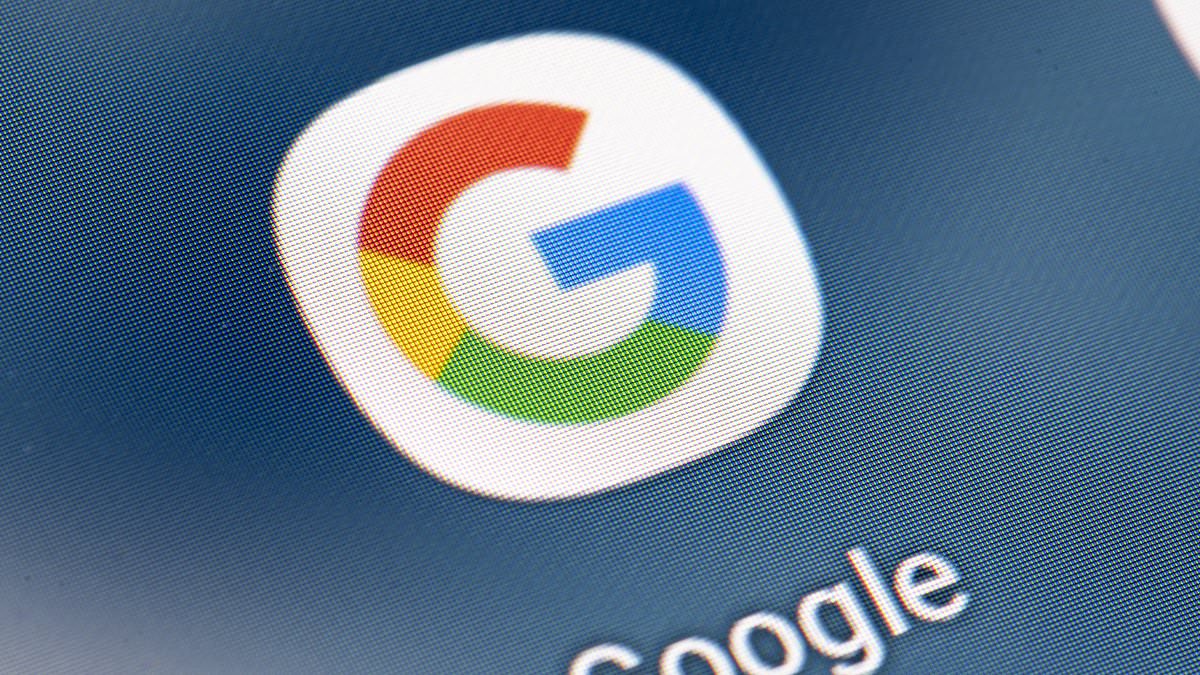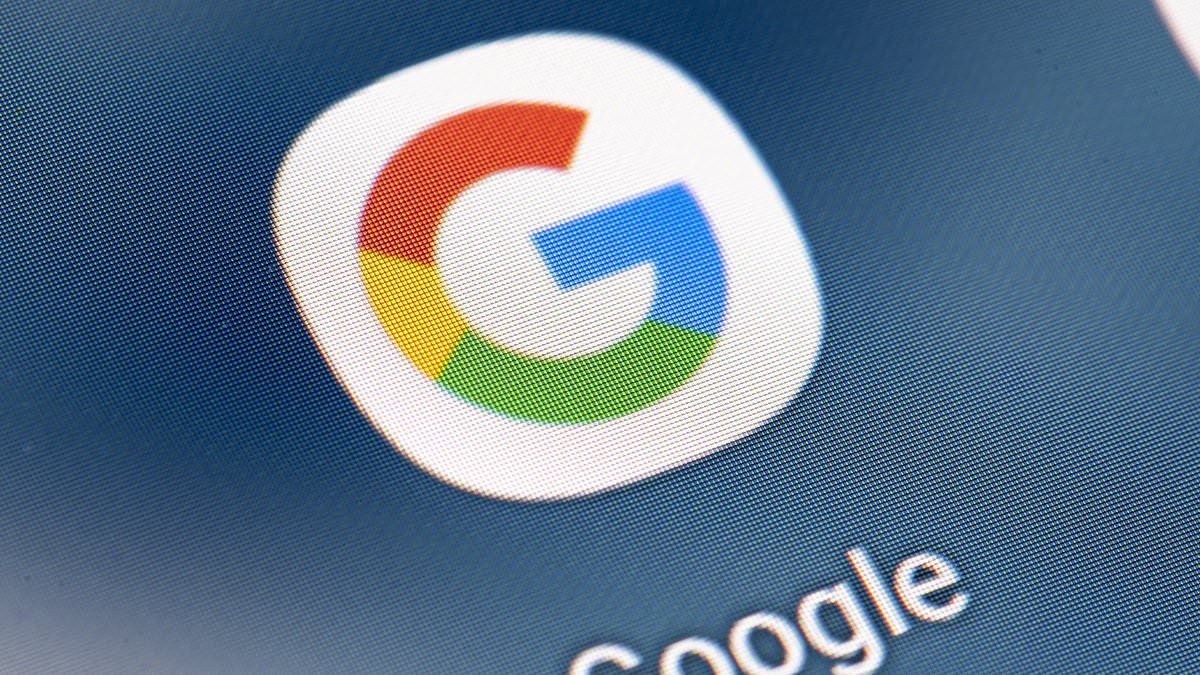Apple to pay $95M to settle lawsuit accusing Siri of eavesdropping – that’s a headline that’s grabbed everyone’s attention. This massive settlement stems from accusations that Apple’s virtual assistant, Siri, was secretly recording and sharing users’ private conversations. The lawsuit alleges unauthorized data collection and listening, raising serious concerns about user privacy and the potential for misuse of voice assistant technology.
We’ll explore the details of the lawsuit, Apple’s response, and the implications for both users and the tech industry as a whole.
The case highlights the ongoing debate surrounding data privacy in the age of smart assistants. We’ll examine the specific claims made by plaintiffs, Apple’s defense, and the significance of the settlement amount. This isn’t just about Apple; it’s a reflection of broader concerns about the ethical and legal implications of voice technology and how companies handle sensitive user information.
So Apple’s forking over $95 million to settle that Siri eavesdropping lawsuit – talk about a privacy fail! It makes you wonder about other tech giants’ practices. Check out this video, Video shows arrest of Olympic sprint medalist Fred Kerley after , for a completely different kind of headline. Anyway, back to Apple – hopefully, this settlement means better privacy protections going forward.
We’ll also look at what this means for Siri’s future and the potential for similar lawsuits against other tech giants.
The Apple Siri Eavesdropping Lawsuit: Apple To Pay M To Settle Lawsuit Accusing Siri Of Eavesdropping
Apple recently settled a lawsuit alleging that its virtual assistant, Siri, was secretly recording and transmitting users’ conversations without their knowledge or consent. The $95 million settlement marks a significant development in the ongoing debate surrounding the privacy implications of voice assistant technology. This article will delve into the details of the lawsuit, Apple’s response, Siri’s privacy practices, and the broader impact on user trust and the tech industry.
The Lawsuit’s Allegations
The lawsuit, filed on behalf of several plaintiffs, accused Apple of violating privacy laws by secretly recording and storing users’ conversations through Siri. The plaintiffs claimed that Siri activated and recorded conversations even when users weren’t actively using the feature, leading to the unauthorized collection of sensitive personal information. The timeline of events began with numerous anecdotal reports of Siri unexpectedly activating and recording conversations.
Plaintiffs presented evidence such as screenshots of Siri’s activity logs, recordings, and expert testimony claiming these activities were unintentional and violated privacy laws.
| Allegation | Supporting Detail | Evidence Type | Impact |
|---|---|---|---|
| Unauthorized Recording | Siri activated and recorded conversations without user knowledge or consent. | User testimonies, screenshots of activity logs | Potential exposure of sensitive personal information. |
| Data Collection Without Consent | Personal conversations, locations, and other data were collected and stored without explicit user permission. | Expert analysis of Siri’s data collection practices | Violation of privacy laws and breach of trust. |
| Lack of Transparency | Apple failed to adequately inform users about the extent of Siri’s data collection practices. | Analysis of Apple’s privacy policy | Erosion of user trust and potential for legal action. |
| Potential for Misuse of Data | Collected data could be misused for targeted advertising or other purposes without user knowledge or consent. | Expert opinion on potential vulnerabilities | Significant risk to user privacy and security. |
Apple’s Response and Settlement
Apple initially denied the allegations, asserting that Siri only records conversations when explicitly invoked by the user. However, they later chose to settle the lawsuit for $95 million, likely to avoid the costs and potential negative publicity associated with a lengthy trial. This settlement amount is substantial, representing a significant financial commitment to resolve the claims. While the settlement avoids admission of guilt, it suggests that Apple recognized the risks involved in continuing to litigate the case.
This settlement can be compared to other significant privacy lawsuits against tech companies, such as those involving Facebook and Google, where settlements often run into hundreds of millions of dollars.
The following flowchart illustrates the lawsuit’s progression:
[Flowchart Description]: The flowchart would begin with the “Filing of the Lawsuit,” followed by “Apple’s Initial Response (Denial),” then “Discovery Phase (Evidence Gathering),” “Negotiations and Settlement Offers,” and finally “Settlement Agreement ($95 Million).”
Siri’s Privacy Features and Practices

Siri’s privacy features include the ability to delete Siri and dictation history, control what data is shared with third-party apps, and limit the types of data Siri collects. Siri collects user data, including voice recordings, location data, and usage information, to improve its performance and provide personalized responses. Users can manage their Siri privacy settings through the iPhone’s settings menu.
This includes options to turn off Siri entirely, limit its data collection, and review and delete recorded data.
So, Apple’s forking over $95 million to settle that Siri eavesdropping lawsuit – talk about a privacy snafu! Meanwhile, in completely unrelated news, check out this article: Atletico Madrid star fires La Liga title warning – a much more exciting distraction from the whole Siri situation, right? Anyway, back to Apple; that’s a hefty price tag for allegedly listening in.
- Review and delete Siri and dictation history regularly.
- Limit Siri’s access to location services.
- Be mindful of the information you share with Siri.
- Keep your device software updated to benefit from the latest privacy enhancements.
- Review Apple’s privacy policy periodically.
Potential risks associated with voice assistants include:
- Unauthorized data collection and storage.
- Vulnerability to hacking and data breaches.
- Potential for misuse of collected data.
- Lack of transparency regarding data collection practices.
Impact on User Trust and the Tech Industry

The lawsuit’s outcome has the potential to significantly impact user trust in Apple products and the tech industry as a whole. It highlights the growing concerns surrounding the privacy implications of voice assistant technology and could lead to stricter data privacy regulations. This case could serve as a precedent for future legal challenges related to voice assistant technology, encouraging other users to come forward with similar complaints.
Future lawsuits might involve different companies, focus on specific features within voice assistants, or target different aspects of data handling.
Hypothetical Scenario: A future lawsuit could involve a user whose private medical information was inadvertently recorded by a voice assistant and subsequently used by an insurance company to deny coverage. This scenario would emphasize the serious consequences of privacy breaches facilitated by voice assistants.
Illustrative Examples of Privacy Concerns, Apple to pay M to settle lawsuit accusing Siri of eavesdropping

Imagine a user discussing a sensitive medical diagnosis with their doctor while using Siri. Unbeknownst to the user, Siri records this conversation and transmits it to Apple’s servers. This information could then be potentially misused or leaked, resulting in a significant breach of privacy. The user might experience anxiety, fear, and a loss of trust, not only in Apple but also in technology in general.
So, Apple’s forking over $95 million to settle that Siri eavesdropping lawsuit – a hefty price for peace of mind, right? If you’re looking for a career change after hearing about all this privacy stuff, maybe check out some surgical tech programs near me with financial aid options – a field that’s definitely less focused on digital assistants.
It’s a whole different kind of precision, and that Apple settlement definitely makes you think twice about the tech world sometimes!
The emotional distress caused by such a violation can be profound, leading to feelings of vulnerability and helplessness.
Closing Notes
The $95 million settlement in the Siri eavesdropping lawsuit marks a significant development in the ongoing conversation about voice assistant privacy. While Apple hasn’t admitted wrongdoing, the settlement underscores the growing concerns about the potential for misuse of personal data collected by these technologies. This case serves as a potent reminder for users to be mindful of their privacy settings and for tech companies to prioritize responsible data handling.
The future will likely see increased scrutiny of voice assistant technologies and stricter regulations aimed at protecting user privacy. This isn’t the end of the story; it’s a turning point, pushing the tech industry to reassess its approach to data collection and user trust.
Commonly Asked Questions
What specific data did the lawsuit allege Siri collected?
The lawsuit claimed Siri collected conversations, location data, and other personal information without explicit user consent.
How can I check my Siri privacy settings?
Go to your iPhone’s Settings app, then Siri & Search, and review your settings for listening history and data sharing.
Are there other similar lawsuits against tech companies regarding voice assistants?
Yes, several lawsuits have been filed against other tech companies concerning the privacy practices of their voice assistants.
What changes might we see in data privacy regulations as a result of this case?
Expect increased scrutiny of data collection practices and potentially stricter regulations regarding user consent and data transparency for voice assistants.
